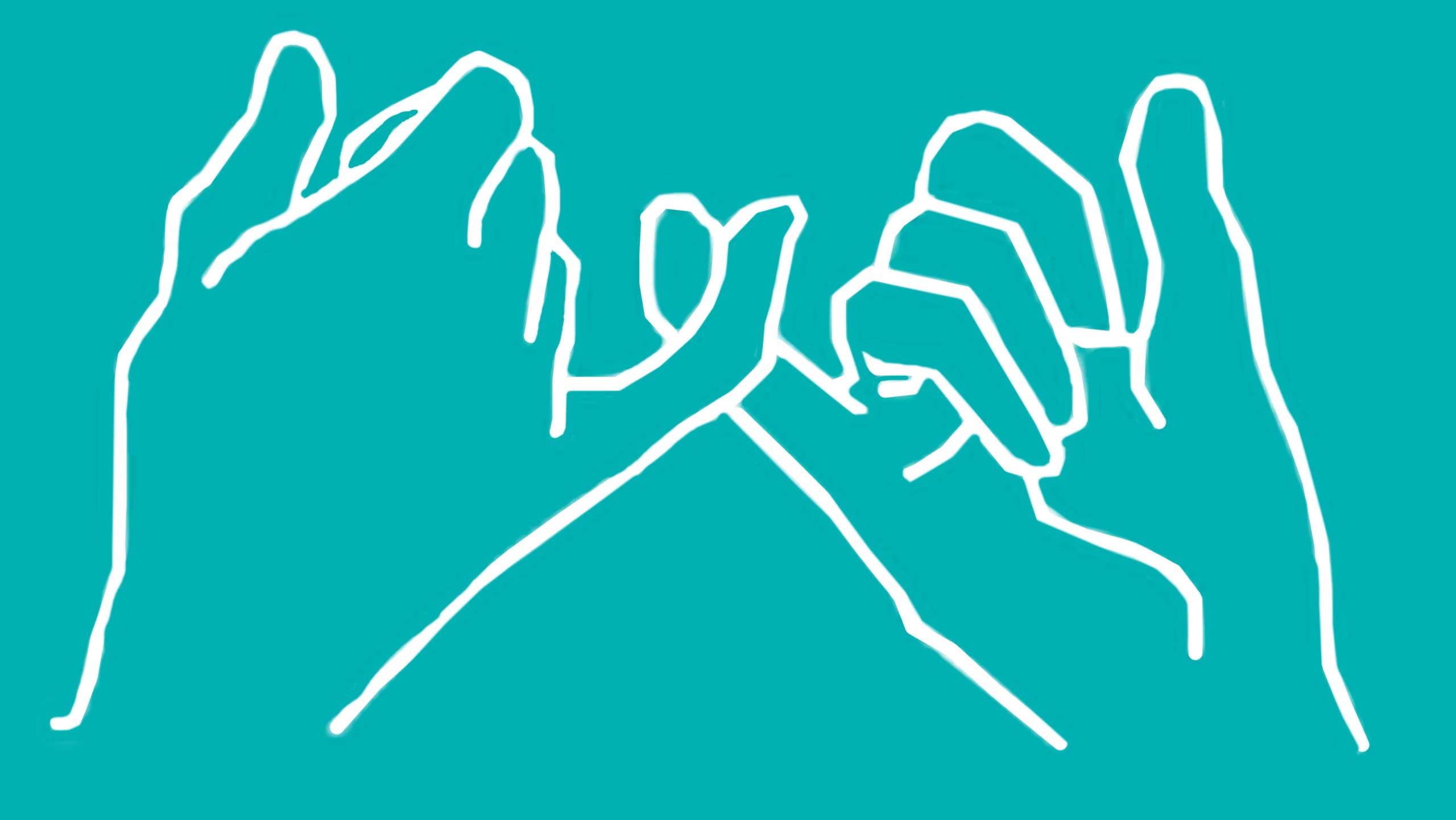By Karoun Chahinian
The Good Food Centre (GFC) and the Sexual Assault Survivor Support Line (SASSL) recently launched their Feed Students, Support Survivors campaign, which asks full-time undergraduate students to support a referendum of $5 per student levy in the fall and winter semesters.
Voting for the referendum takes place from November 6-9 and if it is passed, each student would pay $2.50 per centre, which would add up to approximately $186,265 in funding for GFC and SASSL each year.
Cassandra Myers, SASSL’s coordinator, said the majority of their new funding would go towards staffing, which is what the centre is lacking the most.
“One of the biggest challenges of running such a big service program is that we don’t have full-time staff members. And student schedules don’t allow for a consistent service as you would like,” she said.
Both centres have published a proposed referendum budget and SASSL has dedicated $80,000—which is approximately 43 per cent of their funding—to staff wages.
Currently, the centre only has two part-time workers. If the referendum is passed, Myers would like to add five positions: a full time clinical supervisor with a background in clinical social work and four other staff workers to run the support phone lines, work on upcoming projects, organize events and do outreach campaigns. She said having full-time staff will help decrease their high turnover rate.
“I’m hoping to create a longevity plan in writing so students can come into this position and pick up where we left off,” said Myers.
If the referendum passes, $25,000 will also be going towards volunteer training, which Myers currently runs mostly herself due to limited funding. According to Myers, one assist training session run by facilitators from the Gerstein Crisis Centre for about 20 students cost around $2,000. Myers would like to be able to open up her sessions to students from other programs and offer it at a discounted rate, as well as bring in experts from other organizations to lead the sessions.
Recently, SASSL also purchased iCarol, a help line software used by crisis centres around the world that will be used as an interface to their phone line and upcoming text-to-chat line. The text-line allows students to anonymously text or chat with a staff worker from SASSL at any time. Myers is responsible for organizing the software, conducting research and properly training staff to run the text-line correctly, which the centre has allocated $12,000 for in their proposed budget.
Along with programs and training, $20,000 will be used towards sexual health supplies including dental dams, condoms, lube and insertive condoms. $10,000 goes towards menstrual health supplies, and $10,000 for birth control and pregnancy tests—which also includes reimbursing students for their Plan B pills.
Myers also said she’s wants SASSL to become the Centre for Safer Sex and Survivor Support and the phone line would be a service offered by the centre. The name for the centre is still a working title, but Myers said the funding would help realize their idea of creating the centre, as well as moving into a bigger space, potentially in the RSU’s Mental Health and Wellness Centre.
For the GFC, $65,000 will go towards increasing food supply, $10,000 towards programming and $75,000 towards wages, which includes hiring a full-time staff member. Other maintenance initiatives the centre has budgeted for are food bank fees, the community garden and volunteer programming.
Claire Davis, a coordinator at the GFC, said a lot of their post-referendum plans currently exist, but not at the capacity they’d like.
With the $65,000 in wholesale food orders, Davis said the centre will begin ordering two shipments of food a week. They will continue with their current delivery from the Daily Bread Food Bank, and also have a second shipment of food through the Oakham Cafe kitchen. They recently started delivering through Oakham, but Davis said it is “kind of a stretch” for their current budget.
With programming, Davis said the centre would like to have more events and workshops, which they’ve set aside $10,000 for, as well as create two food grants: the Emergency Food Relief Grant and the Campus Food Security Grant.
The centre currently runs “Eat up, Meet up”—a cooking workshop which allows students to cook together and take leftovers home. With more funding, they would be able to run a class on food planning for the week, and then students are able to take a week’s worth of food home.
“We’re really falling short in a lot of ways through external programming. Keeping that community food service module going, rather than just a food bank,” said Davis, adding that she’d like to continue doing collaborative workshops with chefs and other experts from the field of food insecurity.
The Emergency Food Relief Grant, like a monetary grant, gives food to students who applied and are struggling with food insecurity. They’ve budgeted $15,000 for it. The Campus Groups Food Grant is also budgeted for $15,000 and provides food funding for campus groups who often supply unhealthy snacks and meals at their events.
“We found a lot of times, what was being served on campus through campus groups is pizza and things that aren’t necessarily healthy or promoting a healthy lifestyle,” said Davis. “And I think that there’s a lot of students that rely on those events to eat and we just would like to see that there’s more of a selection for them.”
Like SASSL, the GFC also struggles with working at their full-potential due to being short-staffed and having a high turnover rate. The centre currently has three part-time workers, and through the referendum, they are hoping to hire a full-time recent graduate which would help make the centre more sustainable.










Leave a Reply